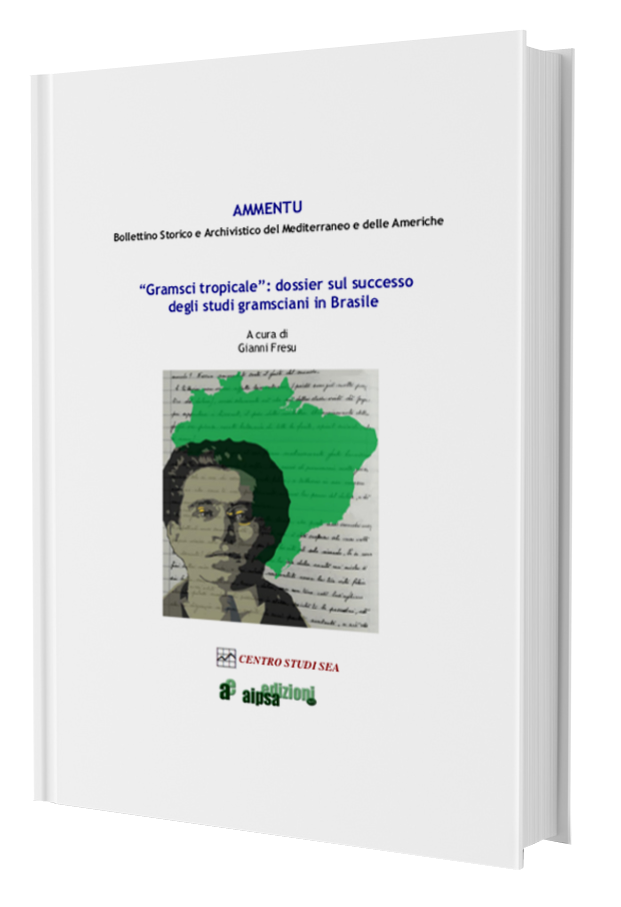Revolution and democracy: euro-communism in Brazil at the twilight of the dictatorship
DOI:
https://doi.org/10.19248/ammentu.364Keywords:
Strategy, Democracy, RevolutionAbstract
With this work of ours we intend to analyze the unit and organization of Gramsci though in coherence with the conceptual picture of Marxism. A thought that, caught in its depth and unitary nature, helps us to understand both the instrumental limits of the Brazilian left in the past and the political reason of the organic involution currently experienced by Brazil and Latin America. In front of the military dictatorship crisis, born from the coup d’état of 1964, an important portion of the Brazilian left has used Gramsci categories to interpret the Brazilian reality and to find the reasons for a democratization of the country in them. This happened, however, through an often forced and inconsistent use of this categories, giving place to a casual interpretation that distorted the original Gramsci formulation in respect to the dialectic between the democratic need and the socialist strategy. A group of “renovators” of the Brazilian Communist Party (PCB), the so-called “gramscisti”, in the early eighties, translated Gramsci with the idea of coining a new strategy of the party that came to be seen as a radical break with historical themes of socialism. This component found in euro- communism, especially in the line of the Italian Communist Party of Berlinguer, its essential point of reference, affirming the universal and strategic value of democracy. However, from the initial requirements to conciliate democracy and socialism, inspired by the reflections of Berlinguer, the definitive value of the first term was affirmed while the perspective of the second ended by being abandoned as a political horizon. This produced a crisis of identity of the Brazilian left (which ended up being overwhelmed by the triumph of liberalism at the end of the dictatorship) with negative consequences still clearly visible today.Downloads
Published
2020-06-18
Issue
Section
“Gramsci tropicale”: dossier sul successo degli studi gramsciani in Brasile
License
Note on the copyright
The Copyright Notice below must be included with the journal information and in the metadata for each published article. Although every journal can freely determine the nature and scope of the copyright agreement with its authors, the Public Knowledge Project recommends the use of a Creative Commons license. For these purposes, an example is provided and may be copy and pasted in the space below for those journals that (a) offer open access, (b) offer deferred open access or (c) do not offer open access.









